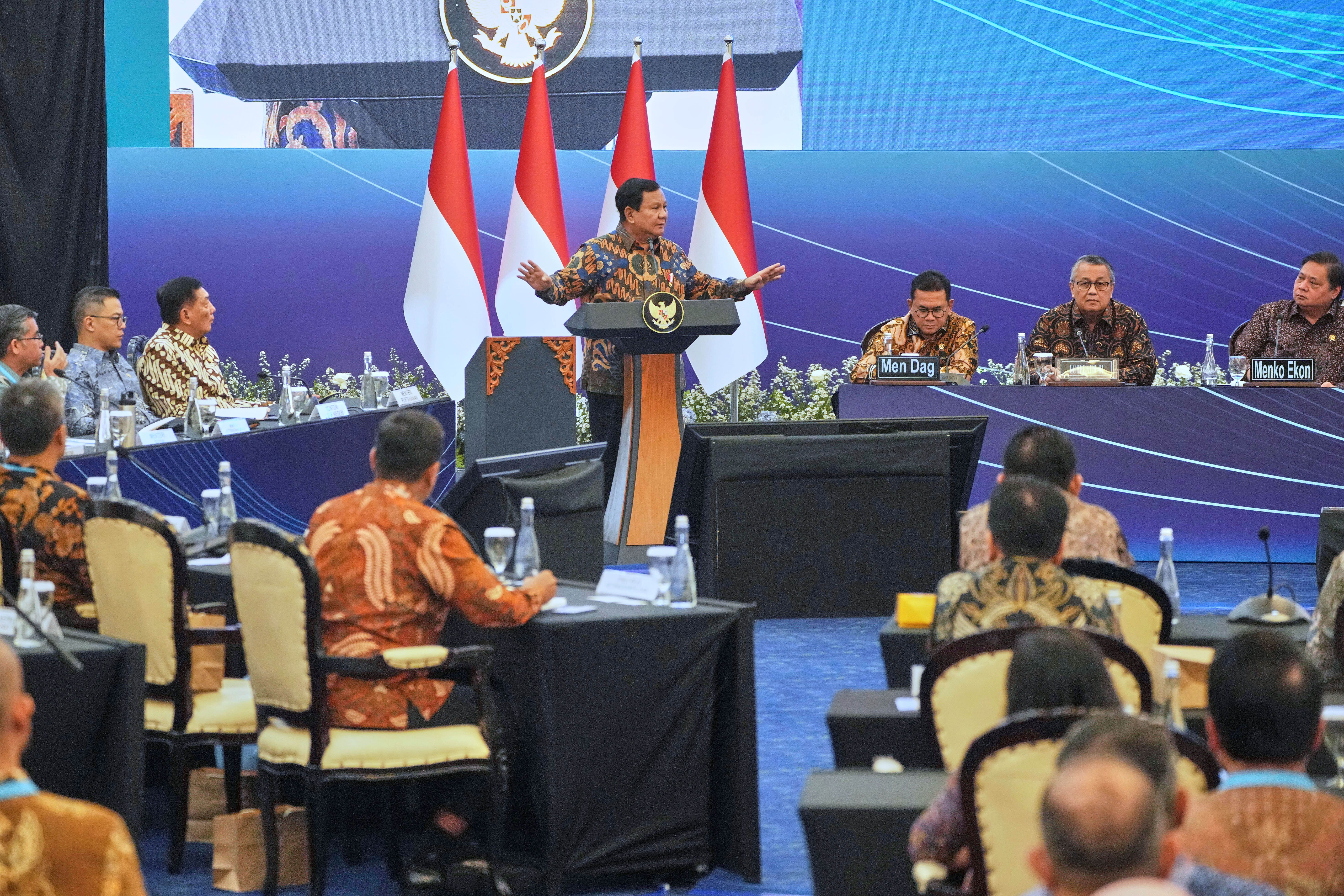
JAKARTA - Indonesia announced a spate of concessions for US imports on Tuesday, including reducing taxes on electronic goods and steel, ahead of trade negotiations with Washington over President Donald Trump's sweeping tariffs.
South East Asia's biggest economy will send a high-level delegation to the United States next week seeking a deal to ease the impact of a 32 percent tariff due to take effect on Wednesday.
Indonesia plans to buy liquefied petroleum gas, liquefied natural gas and soybeans from the United States as part of the negotiation efforts, said chief economic minister Airlangga Hartarto, who will lead Indonesia's delegation to the US.
ALSO READ: Indonesia, M'sia coordinate response to US tariffs, emphasize ASEAN unity
He was speaking at a gathering attended by President Prabowo Subianto, the country's top ministers, the Bank Indonesia governor, the financial authority chief, and businesses to discuss how to respond to US tariffs.
Expanding on other efforts, Finance Minister Sri Mulyani Indrawati said Indonesia would lower import taxes on steel, mining products and health equipment from the United States to 0 percent to 5 percent from rates of 5 to 10 percent.
READ MORE: Regional economies voice opposition against US tariff hike
She also said Indonesia will lower the import tax for electronics, mobile phones and laptops from any country to 0.5 percent from 2.5 percent.
Indrawati said there is room for Indonesia to replace Vietnam, Bangladesh, Thailand, and China as a source of some exports to the United States under the Trump administration's new tariff regime.
Indonesia posted a $16.8 billion trade surplus last year with the US, which was its third-biggest export destination, receiving shipments worth $26.3 billion in 2024, according to Indonesian government data.
ALSO READ: China vows to take countermeasures if US escalates tariff measures
Indonesia’s main exports to the US include electronics, apparel and clothing, and footwear.
Earlier, the government said it was also discussing plans to increase imports from the US, including buying components for an oil refinery project and reviewing the possibility to reduce a local content rule for US tech and communication firms.


